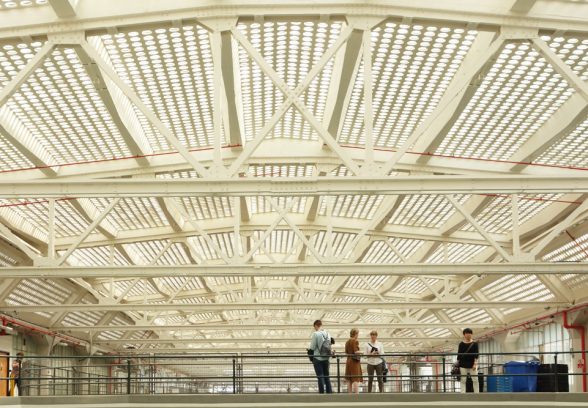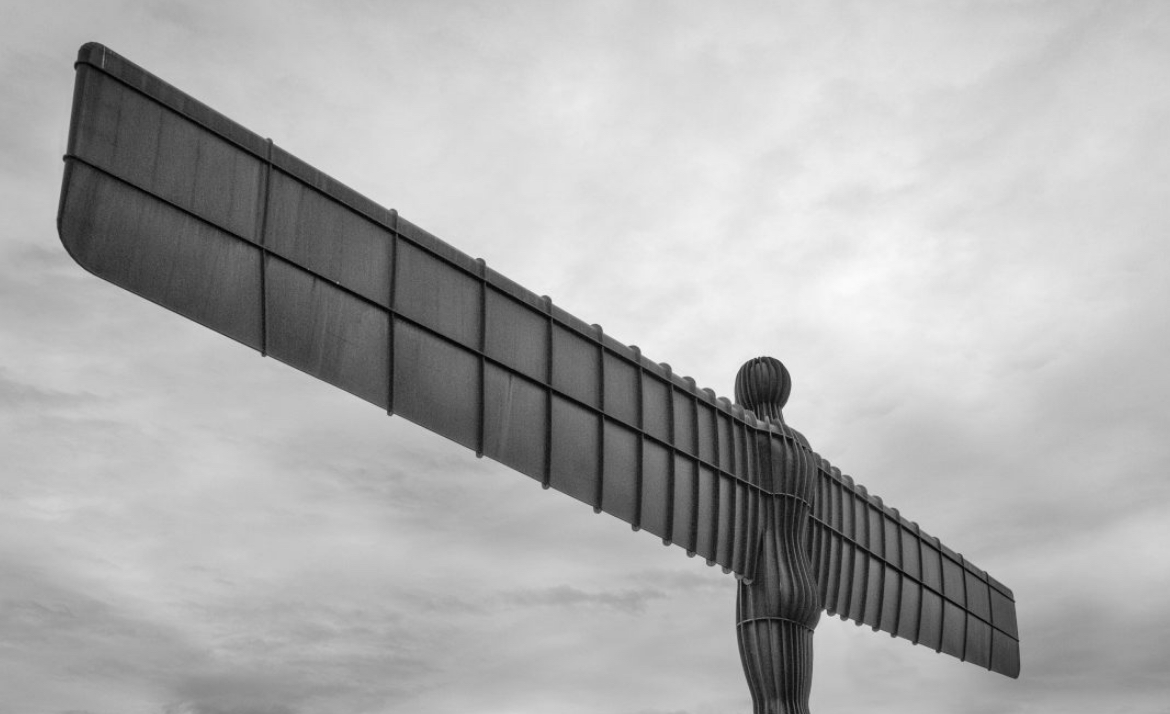This website uses cookies
This website uses cookies to enable it to function properly and to analyse how the website is used. Please click 'Close' to accept and continue using the website.



Bonded Warehouses
The C20 East Midlands group recently objected to the application for the demolition of the Imperial Tobacco Bonded Warehouses (Ref: 16/00520/PADA). Despite this, the site had already been designated as permitted development as part of the Jubilee Phase 2 from 10 years ago. Demolition is due to commence on 13 June 2016.
These buildings are of architectural and historic interest, and there should be some effort by the university towards adaptation akin to the reuse of the Great Northern Railway sheds at Kings Cross by Central Saint Martins.
Completed in 1939, the bonded tobacco warehouses were constructed using a reinforced ‘Mouchel system’, by the Bristol building firm William Cowlin & Son. The Nottingham warehouses were was almost a direct reproduction of Cowlin’s previous work in Bristol: tobacco warehouses, seven-storey blocks with six bays in a utilitarian, neo-classical style. Those warehouses in Bristol have already been demolished, but the Nottingham warehouses are one of the few examples of the federated Imperial Tobacco firm pooling its resources during the interwar period.
Recently, a number of Players/Imperial Tobacco buildings in Nottingham have been faced with an uncertain future: the No3 factory was demolished in the 90s, last year the 19th century former factories on Player Street suffered a devastating fire, and this year the Horizon Factory goes up for sale and could be demolished after listing was refused despite a strong appeal.
Nottingham is in danger of losing its connection with its cigarette manufacturing past – at one time Players was one of the most popular brands in the country and the cigarette factories at Nottingham were considered by the company to be among the largest in the world.
Derby Assembly Rooms inquiry
Historic England have applied for a Certificate of Immunity from Listing – bad news then – but the historic report makes for a good read and mentions this alternative 70s scheme by James Stirling.
St Aiden’s, Leicester Listing
C20 Senior Conservation Adviser Clare Price, who deals with all church casework, will be looking at our idea for listing St Aiden’s Church in Leicester.
Chesterfield Town Hall, A.J. Hope of Brasdhaw Gass and Hope, 1938; Grade II
C20 Society has objected to the knocking through of original walls, loss of original fixtures and inappropriate colour schemes and materials in creation of proposed break spaces.
The Embankment
Some good about The Embankment pub near Trent Bridge, which has recently been carefully restored by its new owners, Castle Rock Brewery. Opened in 1907 as Boots Store 2, the building was designed by Albert Nelson Bromley – also responsible for the city centre High Street shop in 1903. In 1919 the Boots Social Club was formed on the same site – another example of Jesse Boot’s liberal paternalism. The shop windows have been carefully re-set on ground floor, which is now home to The Dispensary, a real ale and craft beer bar. One the first floor the building still features Jesse Boot’s wainscoted office and the Lord Trent Room, an impressive Jacobean function room with double height ceilings.
Boots: The Modern Factory – Friday 1 July, 1pm–5.30pm
A tour of key interwar buildings at the Boots site at Beeston, Nottingham, which is widely regarded as one of the most important industrial estates of the 20th century. Please see the events section of the C20 website for details of our itinerary, costs and how to book.
Ian Nairn: An Illustrated Talk with Gillian Darley – Wednesday 8 June, 7pm
Finally, a reminder about this event which has been organised by C20 East Midlands with Nottingham’s Five Leaves bookshop. More details here.
Chris Matthews

Become a C20 member today and help save our modern design heritage.